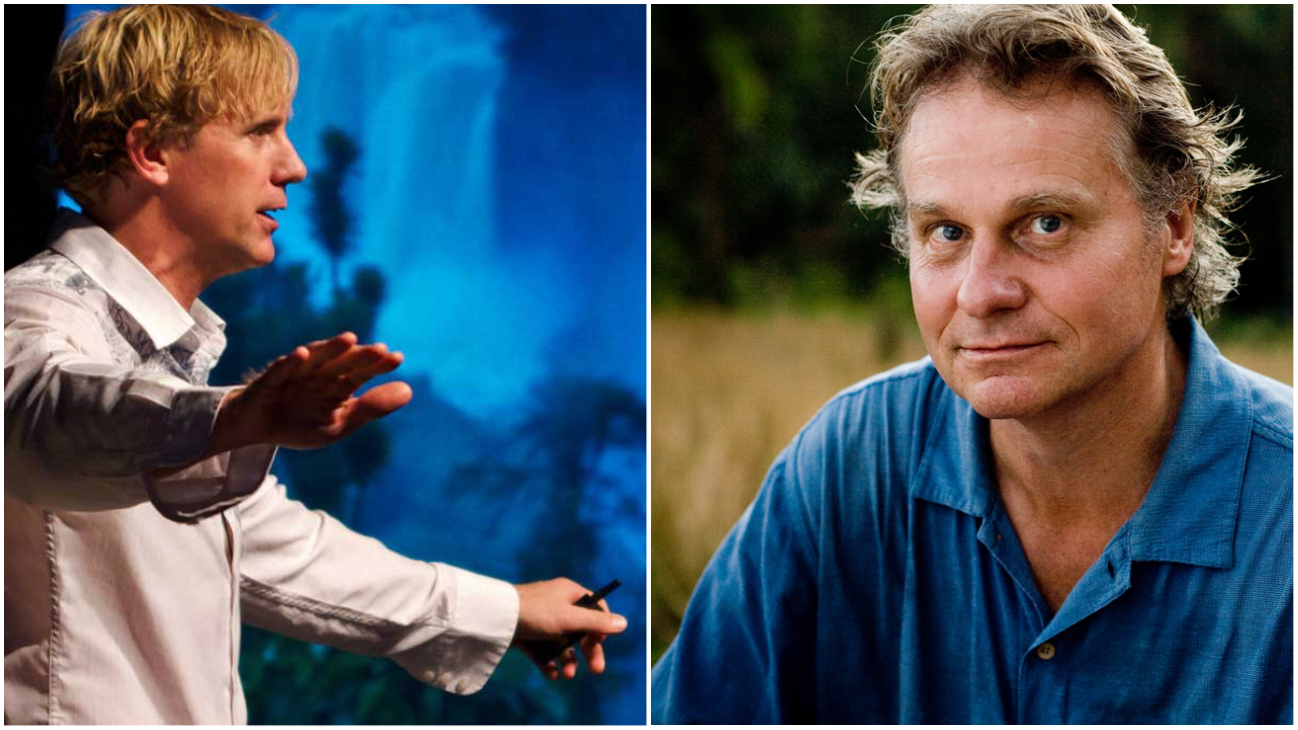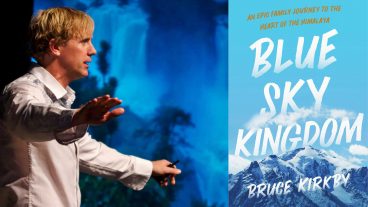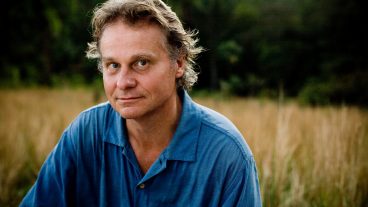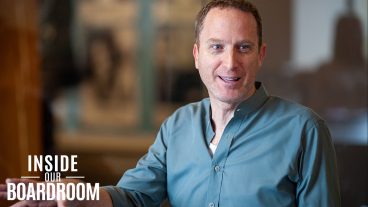As part of an ongoing feature coinciding with the release of the “Globe 100 Books of 2020″ list, The Globe and Mail conducted conversations with various authors about the genres they work in. Bruce Kirkby and Wade Davis—whose book Magdalena was featured among the 100 titles selected for this year’s list—were joined by the Globe’s Emily Donaldson for a chat that drew on their experiences, both as veteran travelers and authors.
The conversation ranged from explaining their personal connection to the places they’ve written about, considering the impact of the internet on travel and travel writing, and how trends among travel-focused non-fiction writers effect the genre as a whole. A topic that repeatedly returned to the fore was the impact and changes due to development, industry, and commerce in some of the unique locations the two writers had visited. The following exchange summarizes both their concerns and the realities of this kind of change, happening all across the world.
ED: How about globalization? How has it affected these very remote areas?
BK: In Zanskar children are now going to private schools, which bodes well for their future, but it also means families no longer [have the labour to] harvest their land. So they’re selling it to multinationals; precious soil is being lost. Parents are selling Coke and Ichiban noodles in roadside shacks to the long-distance truckers now coming into the valley.
WD: We have this idea that these cultures are quaint and colourful but destined to fade away, but nothing could be further from the truth. Lakota didn’t stop being Sioux when they gave up the bow and arrow for the rifle any more than Canadian farmers stopped being Canadian when they gave up the horse and buggy for the automobile. It’s not change or technology that threatens the integrity of culture, it’s power. In every case these are dynamic, living peoples being driven out of existence by identifiable forces, be they ideological or industrial. But the optimistic thing is that if human beings can be the agents of cultural destruction, they also can be facilitators of cultural survival.
BK: Seeing these changes moving through remote places and landscapes – and I’m not a leftist revolutionary here – makes clear that the free-market economy doesn’t value community, time, love and respect for children and elders.
WD: I agree. The whole era of European colonialism created this evolutionary scheme that places us at the apex. This has been shattered by anthropology. We know we’re all cut from the same genetic cloth. Race is a social cultural fiction. The Victorian idea that we went from the savage to the barbarian to the civilized of Europe is absolute nonsense. Every culture has something to say, each deserves to be heard.
Bruce Kirkby lives life on the edge. An acclaimed explorer, travel writer, and television host (with a degree in engineering physics), he uses his incredible adventures across the globe to provide real-world, practical lessons on risk management and change leadership. Kirkby’s travels have taken him to the tip of the highest mountain and to the centre of the driest desert. He draws on these experiences to offer simple strategies to help people confront their fears and learn how to embrace change and growth to see lasting success, both personally and professionally.
Wade Davis’s presentations—illustrated by his exquisite photographs—are a wild and moving celebration of the wonder of humanity and the diversity of the human spirit, as expressed through the myriad of cultures he has encountered. A former Explorer-in-Residence at the National Geographic Society, and named by them as one of the “Explorers for the Millennium,” Davis’s work as an anthropologist and botanical explorer has taken him from the forests of the Amazon to the mountains of Tibet, from the high Arctic to the deserts of Africa.
If you’re interested in booking Bruce, Wade, or another speaker for a virtual presentation, please contact us for more information.




